All posts in Legal Empowerment
-
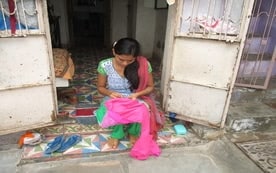 Sep
25
2020
Sep
25
2020
Global Supply Chains in Times of COVID-19 – Global Labour University MOOC
- September 25, 2020
- Online
In August 2020, The Global Labour University launched a free self-paced Massive Open Online Course (MOOC), Global Supply Chains in Times...
Details -
 News
COVID-19 Crisis Study September 17, 2020
News
COVID-19 Crisis Study September 17, 2020‘Punished for their poverty’: Street traders in South Africa
Because it often takes litigation to get city authorities to protect informal traders’ rights, the Socio-Economic Rights Institute of South...
Read More -
.jpg) News
Global Supply Chains/Global Trade September 03, 2020
News
Global Supply Chains/Global Trade September 03, 2020WIEGO Law Programme Director discusses responsible business conduct for the protection of children’s rights
Marlese Von Broembsen, Director of WIEGO’s Law Programme, participated in a moderated virtual discussion on strengthening EU policy measures...
Read More -
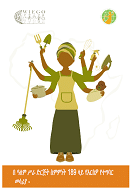 Toolkits and Guides
Toolkits and Guides
Your Toolkit on ILO Convention 189 — The Domestic Workers’ Convention (Amharic)
Read More -
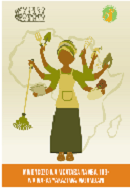 Toolkits and Guides
Toolkits and Guides
Mwongozo wa Mkataba Namba 189-wa Wafanyakazi wa Majumbani
Read More -
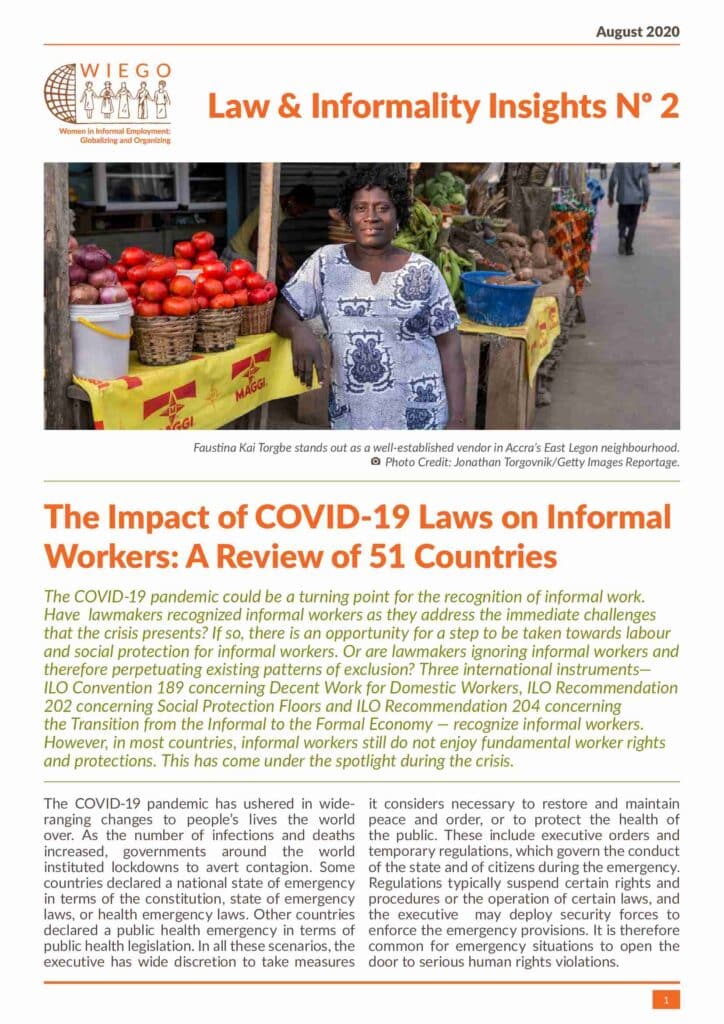 Law & Informality Insights
Law & Informality Insights
The Impact of COVID-19 Laws on Informal Workers: A Review of 51 Countries
Read More -
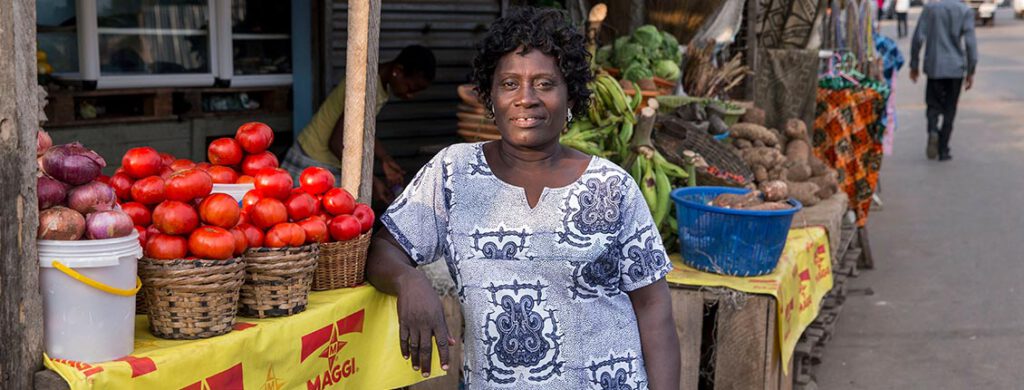
Law and Informality Insights – August 2020
August 2020 This edition of Law and Informality Insights analyzes the COVID-19 laws with an informal worker lens, with a particular focus...
Read More -
Impact Story
Home-based workers in Bulgaria: Using the ILO Reporting Mechanism to Work
In Bulgaria, the Trade Union of Self-employed and Informal Workers (UNITY) has made significant gains advocating for homeworkers’ labour...
Read More -
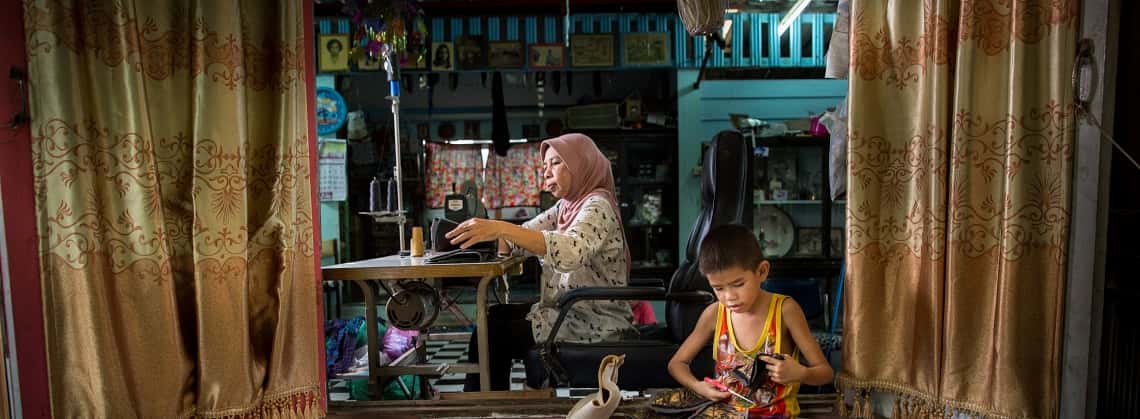 Post
COVID-19 Crisis Study April 21, 2020
Post
COVID-19 Crisis Study April 21, 2020The world’s most vulnerable garment workers aren’t in factories – and global brands need to step up to protect them
Workers at the bottom of the garment supply chain — subcontracted homeworkers, mostly women, who stitch from homes for some of the leading...
Read More -
 Post
COVID-19 Crisis Study April 21, 2020
Post
COVID-19 Crisis Study April 21, 2020Las personas trabajadoras textiles más vulnerables no trabajan en fábricas: Las marcas mundiales deberían protegerlas
Las personas trabajadoras en la parte inferior de la cadena de suministro textil (trabajadoras subcontratadas, en su mayoría mujeres, que...
Read More